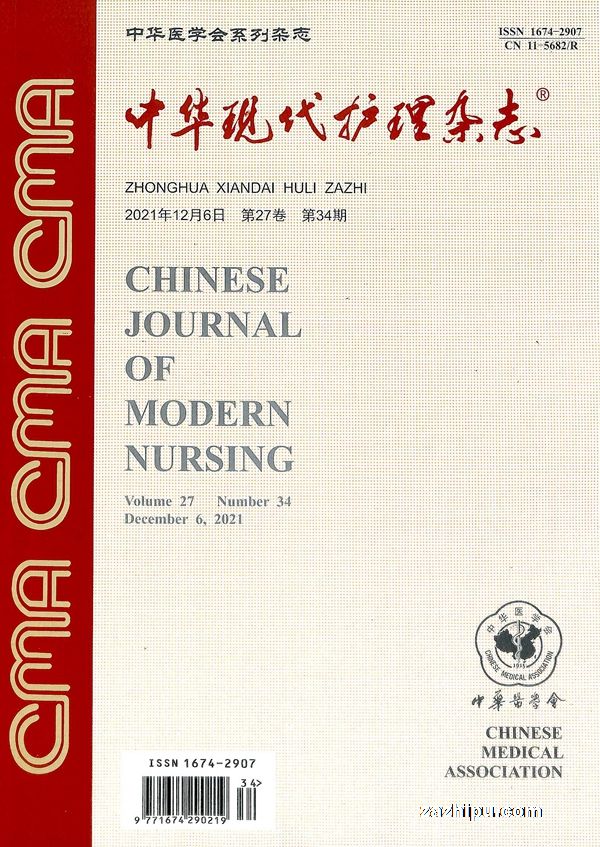Effects of power feedback method on knowledge, attitude, practice and quality of life in patients with permanent colostomy for rectal cancer
引用次数: 2
Abstract
Objective To explore the effects of power feedback method on knowledge, attitude, practice and quality of life in patients with permanent colostomy for rectal cancer. Methods Totally 110 patients receiving permanent colostomy for rectal cancer in the Second People's Hospital of Lianyungang from April 2018 to March 2019 were selected by convenient sampling. The 55 patients admitted between April and September 2018 were divided into control group, while the 55 patients admitted from October 2018 to March 2019 were divided into observation group. Patients in the control group learned the knowledge about colostomy care by presentation to group, while patients in the observation group received interventions based on the power feedback method. Colostomy Patient Colostomy Knowledge Attitude and Practice Scale (CPCKAPS) and City of Hope-Quality of life-Ostomy Questionnaire (COH-QOL-OQ) were used to compare the effects of intervention. Results The CPCKAPS scores in the observation group were higher than those in the control group after intervention, and the difference was statistically significant (P 0.05) . Conclusions The power feedback method can improve the level of knowledge, attitude and practice of patients with permanent colostomy for rectal cancer, and further large-scale and long-term research is needed to explore its effects on the quality of life of patients. Key words: Rectal neoplasms; Power feedback method; Colostomy; Knowledge, attitude and practice; Quality of life功率反馈法对直肠癌永久性结肠造口患者知识、态度、行为及生活质量的影响
目的探讨动力反馈法对癌症直肠永久性结肠造口术后患者的知识、态度、实践和生活质量的影响。方法对连云港市第二人民医院2018年4月至2019年3月收治的110例直肠癌永久性结肠造瘘患者进行方便抽样。将2018年4月至9月期间入院的55名患者分为对照组,将2018年10月至2019年3月期间住院的55名病例分为观察组。对照组的患者通过向小组介绍了解了结肠造口护理的知识,而观察组的患者则接受了基于权力反馈方法的干预。采用结肠造口术患者结肠造口术知识态度与实践量表(CPCKAPS)和希望之城结肠造口术生活质量问卷(COH-QOL-OQ)比较干预效果。结果观察组干预后CPCKAPS评分高于对照组,差异有统计学意义(P<0.05),需要进一步大规模和长期的研究来探索其对患者生活质量的影响。关键词:直肠肿瘤;功率反馈方法;结肠切开术;知识、态度和实践;生活质量
本文章由计算机程序翻译,如有差异,请以英文原文为准。
求助全文
约1分钟内获得全文
求助全文

 求助内容:
求助内容: 应助结果提醒方式:
应助结果提醒方式:


